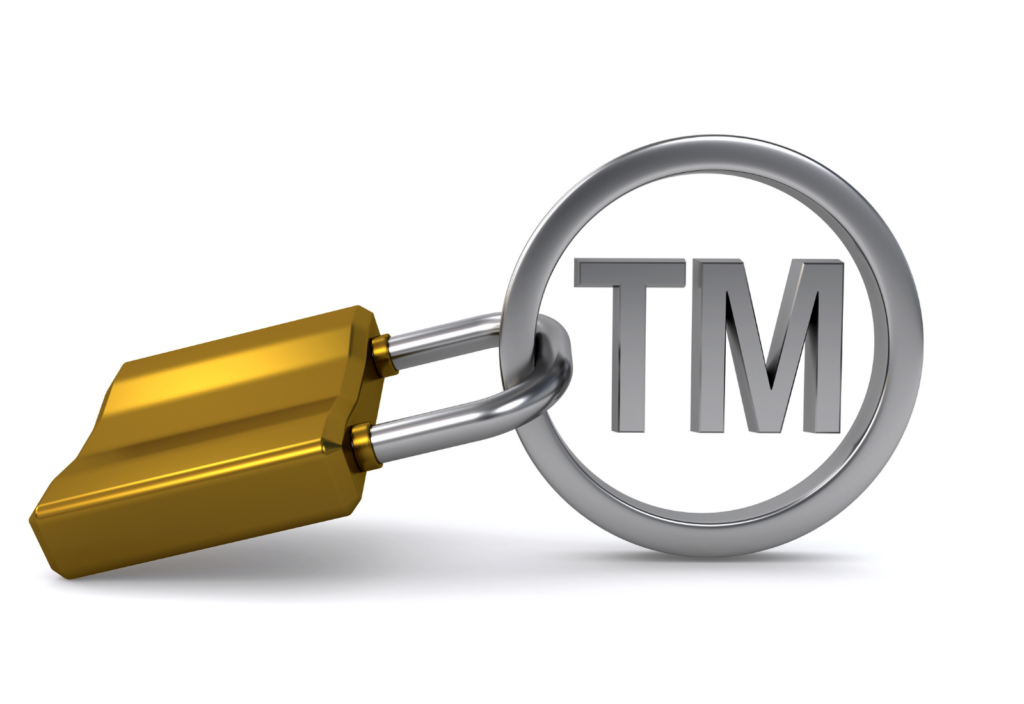The Rise of China Distribution Agreements
My law firm’s China lawyers have recently seen an uptick in China distribution agreements for foreign companies seeking to sell their products and services in China. This surge is driven by growing concerns over the risks that come with having a foreign presence in China, including geopolitical tensions, and having to deal with China’s increasingly stringent and anti-foreign regulations. To mitigate these risks and minimize their operational footprint in China, many companies are now favoring distribution agreements as a safer and more efficient China market entry strategy.
Watch Out for Your China Distributor Stealing Your Trademark
Though we often write about the importance of trademark registration in China, our China IP lawyers still frequently encounter situations where a Chinese distributor has stolen a foreign company’s trademark, registering it under their own name without permission. This post sets out the relatively easy and inexpensive things you can do to prevent this.
SMEs Entering the Chinese Market Via Distributorships
The most common situation we see involves U.S. or EU-based SMEs venturing into China with their products. Often, these SMEs are not new to China. They have been manufacturing their products in China for years, but now they want to sell those products into China as well.
Far too often, however, these foreign companies fail to properly formalize their relationships with their Chinese distributors. They fail to draft the appropriate contracts, apply for the necessary trademarks, or establish critical licensing arrangements to protect their intellectual property. These failures can (and usually do) create various problems.
Essential Steps When Using a China Distributor
If you plan to use a distributor in China, it is imperative that you have a comprehensive China-centric distribution contract. This contract should ensure that your distributor effectively markets your products, maintains your brand’s reputation, and protects you from potential legal liabilities in China. Most importantly, this contract should clearly state your ownership of critical intellectual property, like your company name and logo. This is not just a formality but a necessary declaration that you are granting a license to your distributor, not transferring ownership. Registering this licensing agreement with the relevant Chinese government authorities will ensure that your IP rights remain enforceable in China. For the basics of what should go into a China distribution contract, check out China Distribution Contracts.
It is important that you not “just register” your trademarks in China; you should register them strategically. Consider registering not only your company name and logo but also your product names, slogans, and even product shapes and packaging designs. This comprehensive approach can provide multiple layers of protection against trademark infringement, and thereby increase your protections from your own distributor. It is virtually always considerably easier and cheaper to prevent a dispute than to fight one.
Handling IP Disputes and Ensuring Payment for Products
Our international dispute resolution attorneys often handle cases where foreign companies face payment issues for their products sold in China. A recurring issue in these cases is the failure to register their IP in China, leading to a situation where the foreign company’s IP has been preemptively registered by a Chinese company, usually at the instruction of the Chinese distributor. The Chinese distributor will usually not be so obvious as to register the IP in its own name.
Upon delving deeper into these cases, a common thread often emerges: these foreign companies often overlooked the crucial step of registering their intellectual property in China and their IP has already been registered in China by a Chinese company, presumably under the influence or direction of the Chinese distributor.
Negotiating Trademark Assignments with Chinese Distributors
If the Chinese distributor wants to maintain its relationship with the American/EU company, we are usually able to negotiate a reassignment of the trademarks to our client. This outcome is more likely when the Chinese company’s main financial interest is in manufacturing products for export by the American/EU company. However, we also encounter situations where the Chinese distributor refuses to transfer the trademark rights. This typically happens when they are not involved in manufacturing or when they see more value in using the trademark to sell products within China or in other regions where the American/EU company lacks trademark protection. These instances underscore the critical importance of securing trademark rights in all relevant markets.

























